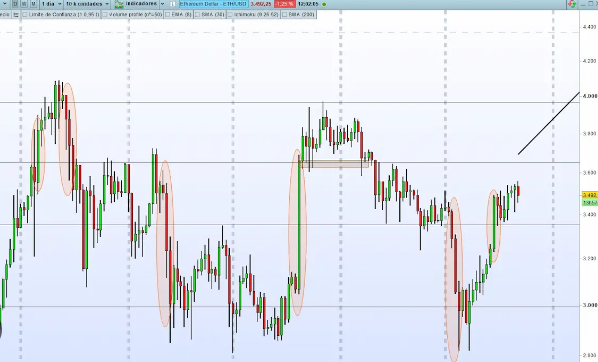The Role of Automated Trading Systems in Forex
Automated trading systems, also known as algorithmic trading systems or trading bots, have become increasingly popular in the forex market. These systems utilize computer algorithms to execute trades on behalf of traders, reducing human intervention and increasing efficiency. Here’s a look at the role of automated trading systems in forex:
- Executing Trade Orders: Automated trading systems are designed to execute trades based on predefined rules and parameters. Traders can program these systems to automatically enter and exit positions, set stop-loss and take-profit levels, and manage risk. This eliminates the need for manual monitoring and order placement, allowing traders to take advantage of opportunities that may arise even when they are not actively watching the market.
- Speed and Efficiency: Automated trading systems can process large volumes of data and execute trades at lightning-fast speeds. This speed and efficiency are crucial in the forex market, where prices can fluctuate rapidly. Automated systems can analyze market conditions, identify trading signals, and execute trades within milliseconds, potentially reducing slippage and maximizing trading opportunities.
- Eliminating Emotional Bias: Emotions can often interfere with rational decision-making in trading. Fear, greed, and other emotions can lead to impulsive and irrational trading decisions. Automated trading systems follow pre-programmed rules without any emotional bias, ensuring that trading decisions are based solely on market conditions and predefined parameters. This can help remove the psychological aspect of trading and improve consistency.
- Backtesting and Optimization: Automated trading systems allow traders to backtest their strategies on historical data. By simulating trades using past market conditions, traders can assess the performance of their strategies and make necessary adjustments. This testing and optimization process can help refine trading strategies, identify weaknesses, and enhance overall performance over time.
- 24/7 Market Coverage: The forex market operates 24 hours a day, five days a week. It can be challenging for traders to actively monitor the market continuously. Automated trading systems eliminate the need for constant monitoring, as they can execute trades round the clock. This provides traders with the ability to capitalize on potential trading opportunities at any time, even when they are not physically present.
- Risk Management: Automated trading systems can incorporate risk management strategies into their algorithms. Traders can set parameters for position sizing, stop-loss levels, and take-profit targets to manage risk effectively. This allows for consistent adherence to risk management rules, helping to protect trading capital and minimize potential losses.
Automated trading systems have brought significant advancements to the forex market, offering traders speed, efficiency, and the ability to execute trades in a systematic and disciplined manner. While these systems can greatly enhance trading efficiency, it is essential to develop and test strategies thoroughly, as well as regularly monitor performance to ensure continued effectiveness and adaptability to changing market conditions.













Post Comment